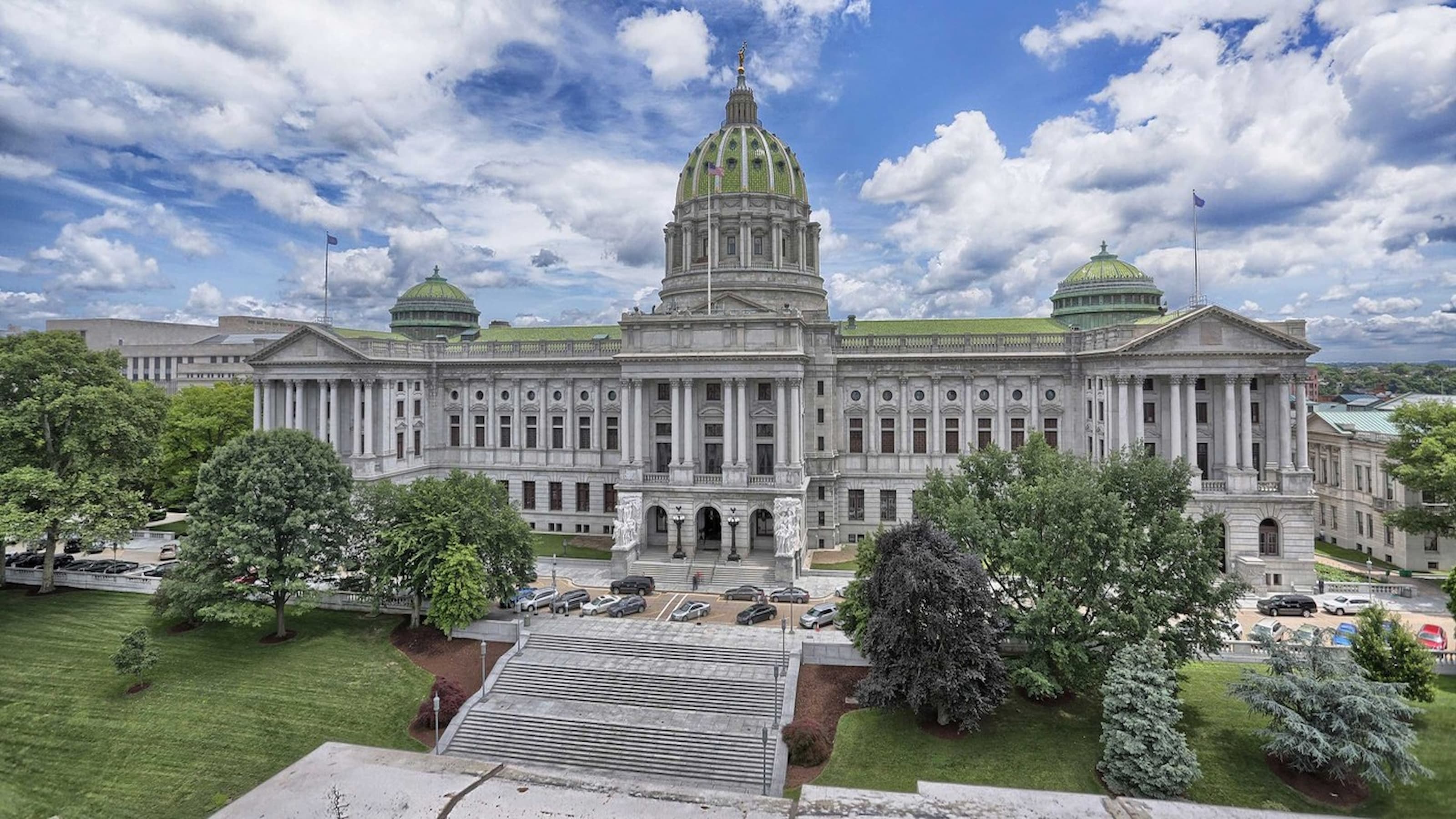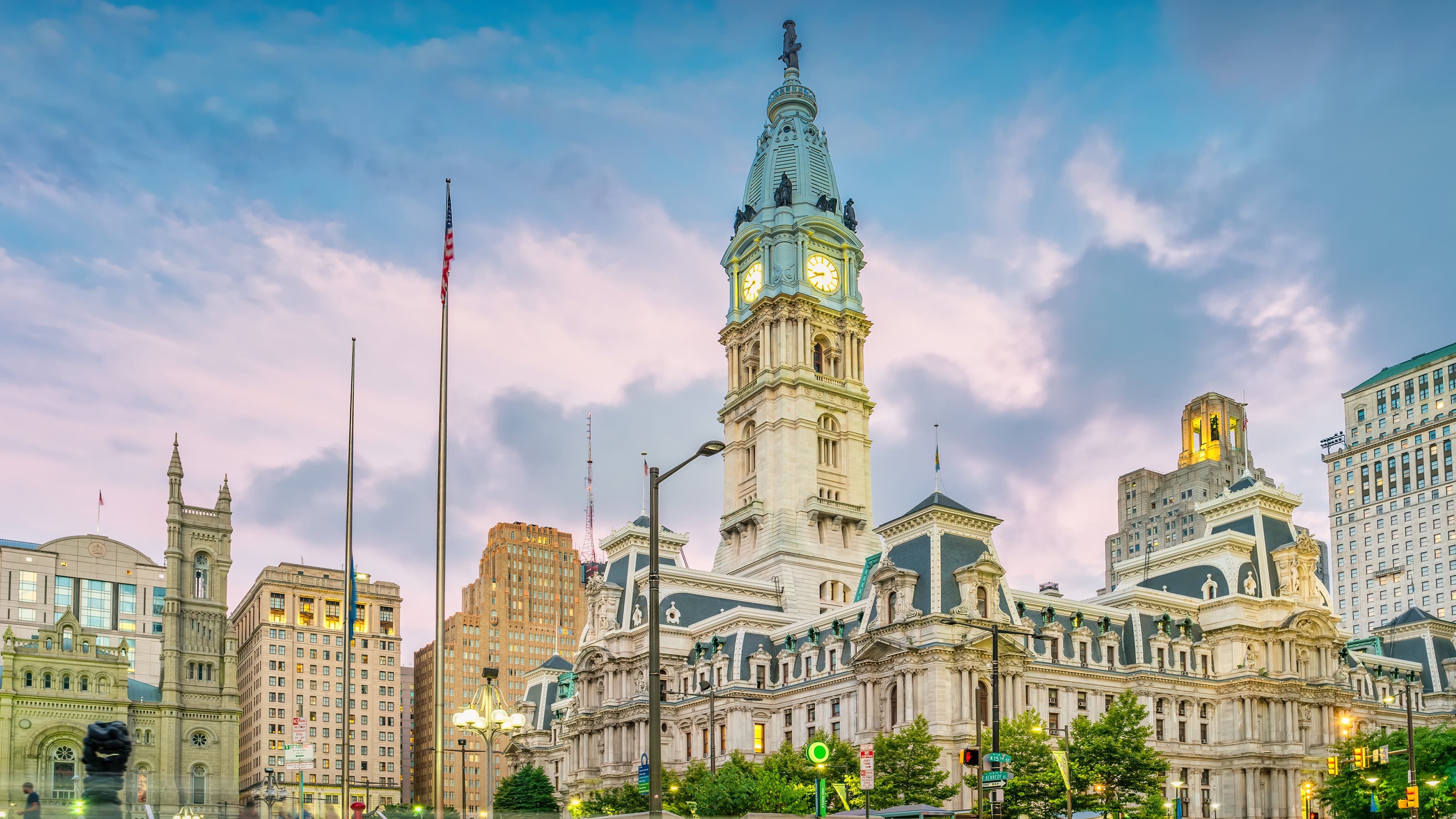Reflecting on Martin Luther King, Jr.’s Legacy Following a Year of Unrest
Saint Joseph’s Associate Provost of Diversity, Equity and Inclusion Nicole Stokes, Ph.D., looks to Martin Luther King, Jr.’s writings and commitment to nonviolent civil disobedience as inspiration following a year of unrest.
 Martin Luther King, Jr. addressing the Saint Joseph’s community on October 26, 1967, in the Alumni Memorial Fieldhouse, now known as Hagan Arena. Fifty years later, Congressman John Lewis would speak at Saint Joseph's in commemoration of King’s speech.
Martin Luther King, Jr. addressing the Saint Joseph’s community on October 26, 1967, in the Alumni Memorial Fieldhouse, now known as Hagan Arena. Fifty years later, Congressman John Lewis would speak at Saint Joseph's in commemoration of King’s speech.
We are commemorating the national holiday for the Rev. Dr. Martin Luther King Jr.’s life this year in significantly different ways given the unique social context of this past year — a global pandemic, contentious election season, continued political divisions. All of these events and the most recent insurrection at the Capitol building have caused me to reflect heavily on the life, legacy and the significant contribution of Rev. Dr. Martin Luther King, Jr., and how his writings and commitment to nonviolent civil disobedience are both instructive and inspiring.
In Dr. King’s iconic “I Have a Dream” speech at the 1963 March on Washington, he said, “We have also come to this hallowed spot to remind America of the fierce urgency of now. This is no time to engage in the luxury of cooling off or to take the tranquilizing drug of gradualism. Now is the time to make real the promises of democracy.”
This quote provides so many parallels to present-day events and the push for Black Lives Matter movements by mostly young people to demand justice and equity in this country. I am also encouraged and hope we can sustain this attention and momentum and truly achieve equity, dignity and personhood for all in this country.
On this path, I urge our University community to reflect on and learn more about Dr. King’s political and social impact, specifically his philosophy and methodology for nonviolent civil disobedience. The King Center is a great resource that has continued the Rev. Dr. King’s legacy with the goal and mission of preparing global citizens to create a just, humane and peaceful world. On a practical level, they provide a roadmap for the expression of civil disobedience in nonviolent ways, as well as resources and teaching tools for civil discourse and conflict resolution.
As we continue with political transition to a new presidential administration, Saint Joseph’s will continue to offer initiatives that fulfill the University’s mission of giving our constituents the knowledge and tools to engage in civil discourse and form a lifelong habit of engaged citizenship. Civil discourse is the art of dialogue and civility, where the goal of discourse and conversation is to enhance our mutual understanding. Put it simply, it is a skill and an art of disagreement without tearing the community apart in doing so. Civil discourse is one of the conditions that help people live peacefully together in civil society, even when/if they disagree with one another.
At a national and local level, the traditional means of celebrating and honoring Dr. King’s legacy is by volunteering as part of Day of Service events. The global pandemic has altered these events in many ways but there are still opportunities to serve. I will be spending the holiday conducting virtual service by speaking with students at Little Flower Catholic High School for Girls in Philadelphia about the life and legacy of Dr. King and his impact in the Philadelphia area. In addition, I will serve as a virtual reading coach volunteer with the Philly Reading Coaches Program — part of the City of Philadelphia’s Office of Children and Families — to read to children enrolled in the city’s public school system, and assist them with reading at or beyond grade level.
I hope that you will join me in honoring Dr. King’s legacy today and throughout the year in your actions, your words, and with the fierce urgency of now.



